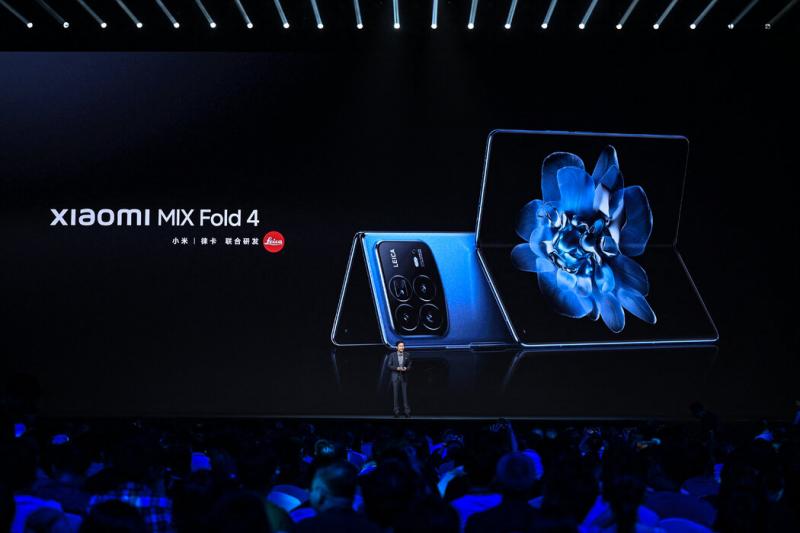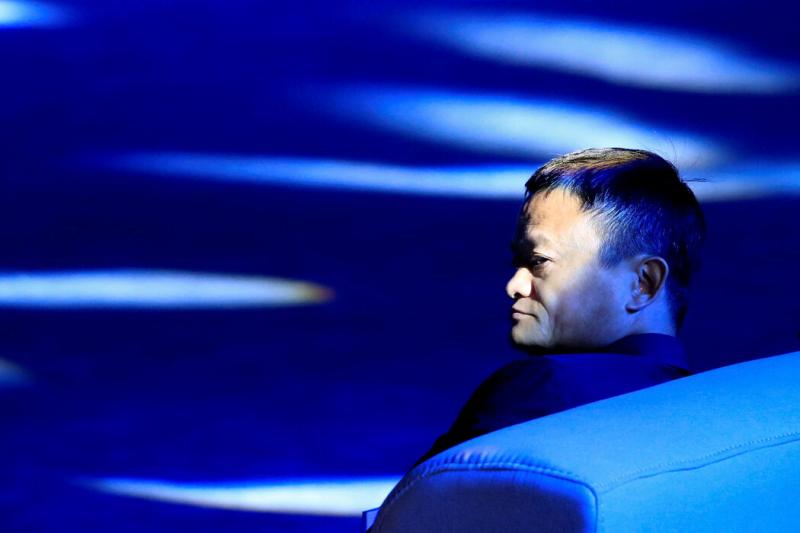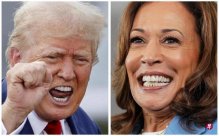
On Saturday evening in late July, in a lush garden in a luxury house in Silicon Valley, more than 100 people attended a grand party.East is the former CEO of the Chinese e -commerce giant Alibaba, who is now a venture capitalist.Most guests were wearing white clothes, and the party prepared them for the Panama hat. In the bright sunset in California, the models walked between the large round tables with white cloth.
Many guests are the current or former investors or entrepreneurs in the Chinese technology industry.Like many similar gatherings held in Silicon Valley this summer, their conversations revolved around three themes: what lack of confidence in them; how many opportunities did artificial intelligence bring in the United States; and how they could participate in the track on the Pacific.
Chinese science and technology professionals are going to Silicon Valley to find the opportunity they think they can no longer be found in China.As more and more companies are looking for growth abroad, Chinese companies are setting off a wave of "going to sea", and they are also part of them.
As the world economy continues to be sluggish, investors and entrepreneurs are looking for the next China.In recent years, an ominous signal has issued an ominous signal that they feel that they are not welcomed by the regulators.The intensification of the tension between China and the United States has made international ambitions encounter many difficulties in operations.Southeast Asia, the Middle East and Africa have opportunities.

The most urgent action is the venture capitalist.In the past, they were able to raise funds from American universities donating funds, retired pensions, and wealthy personal management funds, and then invested these funds to start in China.It has promoted the rise of China's science and technology industry and supports Alibaba, Baidu (Internet search), Xiaomi (smartphone) and Didi (called car service).When these companies are listed, venture capital investors have received generous returns.
They are also the most embarrassing group at present.Neither China and the United States want these people to invest in cutting -edge technologies such as artificial intelligence, quantum computing and semiconductor.Both regulations of the two countries make it difficult for their companies to sell stocks in New York, and this is their main way to monetize.
"We once enjoyed the benefits of the two worlds," said a venture capitalist who worked in the two countries for decades."Now we have two empty ends."
The 14 venture capitalists and entrepreneurs I interviewed were working in Silicon Valley, or they were planning to move there.Most of them demand anonymous because they don't want to attract the attention of China or Washington.
When we met at Palo Alto, the first thing that one of them said to me was that her career was over and she was frustrated.In the past three years, her business has not been done.She plans to focus on Silicon Valley, but she still needs to stay in China for a while to end some projects.
Another investor who has rarely come to the United States in the past 10 years tells me that she will run back and forth between the two countries, while looking for opportunities to support the American startups.

The third investor moved to Silicon Valley this year, and he was most determined to settle down.He said he was selling his own investment or dissolving his company.
Human Resources expert Tom Zhang (Yin) has worked in several large technology companies in Silicon Valley. He said that since last year, he has met many investors from other countries.
"They completely lost their directions and flew around like flies. I don't know what to invest next," he told me.
There is no doubt that these people are privileges.In order to meet them, I visited a lot of luxury homes.A house is located on the top of Losgos; my Uber driver blown a whistle when he entered the long private lane.Then, when he stopped his inconspicuous SUV in a red Ferrari, a Tesla Cybertruck, and several Audi and BMW, he laughed softly.There is also Wei Zhe's party. A person who participated in the party told me that it was Gatsby.
Nevertheless, the frustration of this group of rich people reflects a major change in the technology world: the breakdown of the financing pipeline of venture capital funds for the US dollar, and the demise of the market economy -driven model that promotes the growth of technology giants.
The problems that these investors who have become useless is that the United States is not a country that welcomes them.
Since 2018, the US government has strengthened the review of technology.One year ago, President Biden signed an administrative order that prohibited the United States from investing in new investment in key industries that may help improve military capabilities.
A Chinese venture capitalist who founded two funds in Silicon Valley told me that if a startup has received the funds of investors with contact, some well -known venture capital companies will no longer consider this company.This made the founders unwilling to accept the funds from investors in other countries because they were worried about scaring away investors.Other people I interviewed also confirmed his judgment.
Start -ups that are urgently needed for financing will accept the funds of Chinese investors.A few venture capital companies, which are connected to China, have changed their noodles and explained hardly that all partners are American citizens, and their funds are mainly from outside China.
A senior investor told me that a founder refused to talk to him, even if he explained that he had been citizen in the United States for decades.The investor said people's behavior was particularly cautious.
But this does not prevent some risk investors from seeing Silicon Valley as a lotus.The investor who founded two funds in Silicon Valley said they still had some slim hope.He also said that they may not be able to find the next Alibaba, but they may find some small startups with some opportunities and investment that may be successful.
It is always better than nothing.




